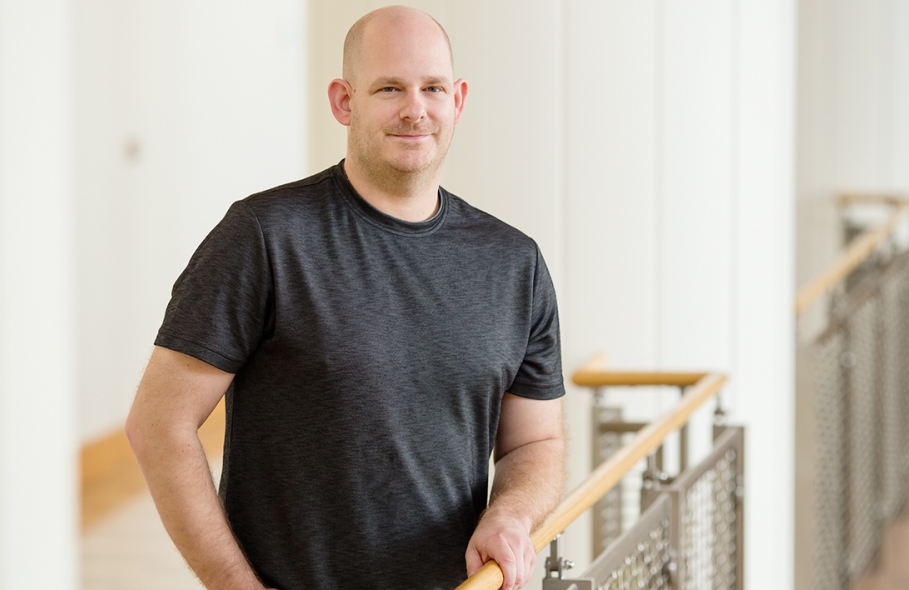Analysis by EPOL scholars calls for reforms to help students minimize, manage education debt
by Sharita Forrest / May 31, 2016

A study by Daniel A. Collier, Ph.D. ’16 EPOL, suggests that a series of modifications to federal student financial aid policy have eroded perceptions of higher education as a public good in the U.S., creating a “flawed” financial aid system that promotes both personal debt and tuition increases. Collier, who collaborated on the study with co-writer Richard Herman, a former professor in the Department of Education Policy, Organization & Leadership, calls for a number of reforms to help students minimize and better manage education loan debt.
Collier and Herman traced current problems in higher education affordability and financing to several public policy decisions that shifted the costs of paying for college from public coffers to students. This trend toward privatization triggered the surge in student loans and enabled state colleges to repeatedly raise tuition as their state funding shrank.
Subsequent modifications to the Federal Higher Education Act of 1965 contradict the law’s intent—that a college-educated workforce is a social good and sound investment for government, the researchers conclude in their paper, published in a special issue of the journal Higher Education in Review.
The researchers also advocate restructuring bankruptcy regulations to specify particular circumstances in which student loans could be discharged in the same manner as other personal debts. Congress could fund these initiatives by reallocating to higher education the $100 billion in direct subsidies currently provided to corporations, the researchers suggested.
Although Collier and Herman agree this particular funding strategy is radical and unlikely to be considered by lawmakers, Collier said the solution is a just one because industry drives societal demand for college-educated workers and profits from their expertise.
Read the full article from the Illinois News Bureau.